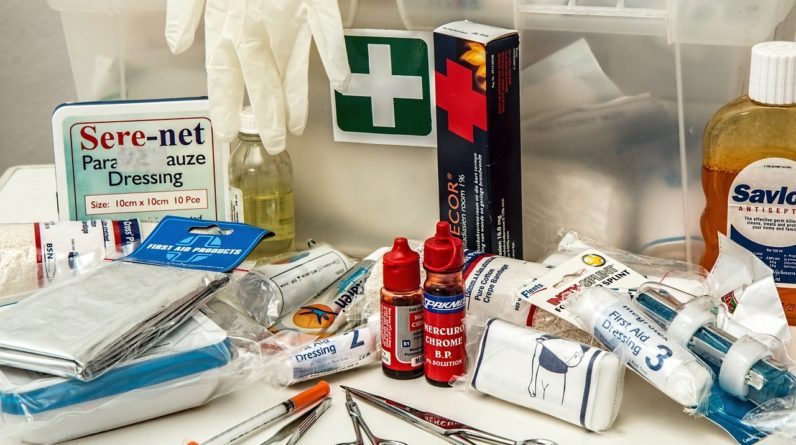
STRESS IS SUPRISINGLY DAMAGING TO TEETH AND GUMS. FIND OUT HOW TO REDUCE ITS IMPACT ON YOUR ORAL HEALTH

You may have noticed that you are more prone to cavities when you’re going through a stressful period in your life. It’s not your imagination. It’s a real phenomenon that you need to be aware of.
Stress can affect oral health in several ways:
MICROBIAL IMBALANCE
Our mouths are full of bacteria, and stress can create an imbalance. This promotes the growth of less beneficial bacteria, which produce teeth-damaging acids.
Pathogenic bacteria are also the underlying cause of gum disease (periodontal disease).
Additionally, people often suffer oral thrush in times of stress, as the Candida yeast starts to proliferate in the mouth.
See one of our dentists in Parramatta if you have concerns.
DRY MOUTH
We’ve all experienced that familiar dry mouth during stressful situations like public speaking or going on a first date. This is because our digestive processes shut down during a stress-induced fight or flight response.
Saliva reduces acidity in the mouth. It contains antibodies which keep potentially damaging microorganisms at bay, and it also contains fluoride, which keeps teeth strong and healthy.
A reduction in saliva production disrupts these natural mechanisms.
LOW BLOOD SUGAR
Increases in stress hormones create fluctuations in blood sugar. As soon as your blood sugar drops you will experience a strong drive to eat sugary, carbohydrate-rich foods, increasing your chances of tooth decay.
TEETH GRINDING AND CLENCHING
Teeth grinding (bruxism) and teeth clenching is a classic stress response that we do unconsciously.
Our jaws exert an enormous force, and constant grinding and clenching can literally crack your teeth.
Our experienced dentists at our clinic in Parramatta will be able to assess your teeth for damage. It’s important to get checked out before the problem gets too serious.
BONE LOSS
Increases in stress hormones causes bone loss generally in the body, and this includes the bone supporting the teeth as well as the jawbone.
Chronic stress can eventually become an underlying cause of loose teeth and teeth falling out.
GUM DISEASE
Research has linked stress with a higher incidence of gum disease. Not only is this because stressed people pay less attention to oral hygiene, but also because of increased inflammation in the body and a compromised immune system.
It’s important to catch gum disease early as it can cause tooth loss and damage if it is left to progress.
If you experience bleeding and/or sore inflamed gums, book an appointment as early as possible at our dental clinic Parramatta to be assessed.
5 WAYS TO REDUCE THE IMPACT OF STRESS ON TEETH
Drink plenty of water
Drinking plenty of water throughout the day keeps your mouth hydrated and supports saliva production. Aim for 2-3 litres per day.
Tackle teeth grinding
If teeth grinding is particularly bad problem for you, our dentists at the Parramatta clinic can advise on what to do.
Ensure plenty of protein in every meal
This will help to keep your blood sugar levels steady, so you’re less likely to reach for lollies and other sugary foods.
Incorporate good stress management techniques
Don’t underestimate the power of simple stress management techniques. Meditation is a proven method for helping you cope better with a demanding lifestyle, but exercise, breathing techniques and anything that engages your mind in an enjoyable way (not TV though) are all good.
The key is to try to practise your preferred stress management method on a daily basis.
Up your magnesium
Consider taking a magnesium supplement and/or increase your intake of magnesium-rich foods. Magnesium is a great stress reliever and it will also help relax the muscles and reduce your likelihood of teeth clenching and grinding.
Good sources of magnesium include nuts and seeds, spinach and cocoa powder (very high cocoa-content chocolate is ok but not a bar of milk chocolate).
Read More:





